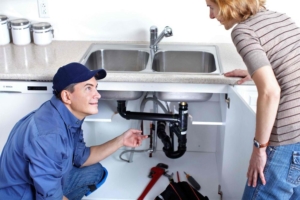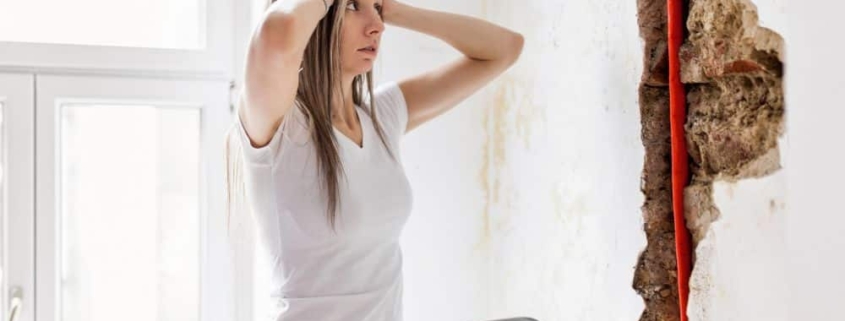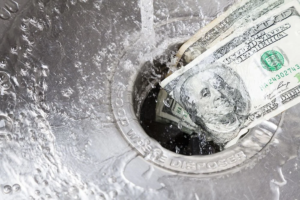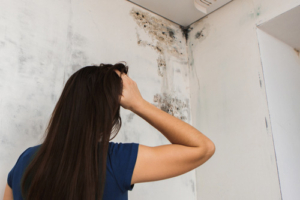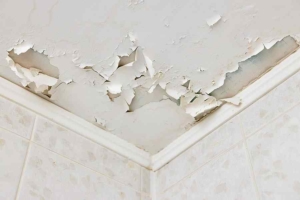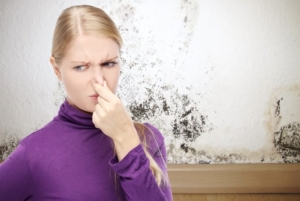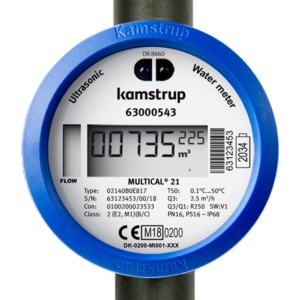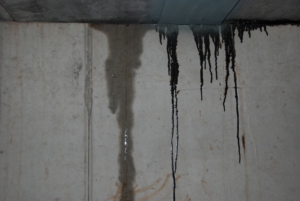TL;DR: Shared plumbing in apartments means one small issue can affect the whole building. Stay ahead with regular checks and simple habits to avoid common problems. Know when to DIY and when to call in help.
Main Points:
- Leaky faucets waste water and raise bills
- Clogged drains are common and smelly
- Low water pressure can signal bigger issues
- Drain smells often come from dry traps or buildup
- Monthly checks help catch problems early
- Know when to contact your landlord or a plumber
Apartment living has plenty of perks, but shared plumbing isn’t one of them. One small issue in your unit can lead to bigger problems throughout the building.
So how does plumbing work in an apartment building? In most cases, pipes and vents are shared between units, which means a problem in one apartment can quickly affect others. The good news? Most plumbing issues are easy to spot and prevent with simple upkeep.
Leaky Faucets and Fixtures
A dripping tap might seem harmless, but it wastes gallons of water and can cause damage if left too long. Over time, wasted water can raise your bills, especially in metered units. In an apartment, even a small leak can affect more than just your unit.
Watch for:
- Drips you hear but don’t see
- Water pooling at the base of the faucet
- Stains or soft spots under sinks
Why it happens: Old washers and seals wear out. High water pressure can damage fixtures. Shared pipes may shift or create pressure surges, which loosen parts over time.
Prevent it: Check your faucets regularly. Don’t ignore a slow drip—report it quickly. And avoid over-tightening the handles. If you can, ask your landlord about regular apartment plumbing inspection.
Clogged Drains and Slow Sinks
An apartment sink failing to drain is one of the most common complaints in plumbing. Food, grease, and hair clog pipes fast—and smells can travel between units.
Common culprits: Cooking grease hardens in pipes. Hair clumps up in drains. Paper towels or coffee grounds get tossed in by mistake. And since pipes are shared, one clog can affect several apartments.
Prevent it: Throw waste in the bin, not the sink. Use drain covers in the kitchen and bathroom. Keep a small drain snake or hair tool handy. It’s cheap and clears small clogs early.
Pour hot water down drains each week to keep them clear. Skip harsh chemicals—they damage pipes. If clogs keep coming back, it’s time for a professional inspection.
Low Water Pressure
Weak water pressure makes showers and daily tasks frustrating. In an apartment, it can be hard to tell if the issue is in your unit or building-wide.
What causes it: Old pipes corrode and narrow. Shared water lines mean peak-time pressure drops. Maintenance or repair work may limit flow temporarily.
Fixes and prevention: Clean faucet aerators to remove buildup. You can also install a shower filter with a built-in screen to catch sediment and improve flow. If low pressure continues, ask your neighbors if they notice it too—then report it to management.

Dealing with Apartment Drain Smells
Bad smells from your drain can make the whole apartment feel unclean. And with shared vents and pipes, odors can move between units easily.
What’s behind it: Dry traps are a big one—unused drains let sewer gas in. Rotting food or grease buildup causes bad odors. Sometimes, the problem lies in shared venting or pipes between units.
How to stop it: Run water in every drain weekly to keep traps full. Clean drains with baking soda and hot water. If smells linger, report it—it could point to a larger issue in the building’s plumbing.
Staying Ahead with Routine Maintenance
You don’t need to be a plumber to keep your pipes in good shape. A few simple habits can help you avoid costly repairs and keep your apartment comfortable.
Do a quick check once a month:
- Look for leaks under sinks
- Check for slow drains or bad smells
- Clean faucet screens and shower heads
If you notice recurring problems, let your property manager know. It’s better to fix small issues early than face a bigger (and more expensive) repair later.
And if you’re unsure whether something’s just happening in your apartment, check in with a neighbor.
When to Call in the Pros
Some problems are best left to the experts. That’s especially true in apartments, where one fix can affect the whole building.
Call your landlord or a plumber if you notice:
- Leaks that don’t stop
- Frequent clogs or sewer smells
- Low water pressure in several rooms
Trying to fix these yourself can make things worse. If it’s more than a quick clean or check, don’t risk it. Call your property manager or a trusted plumber like Fox Valley Plumbing.
Stay Ahead of Apartment Plumbing Problems
Good plumbing habits don’t take much, but they really do help. Keep an eye on your taps, clear your drains, and speak up if something feels off. A quick check each month can save you a lot of hassle later.






